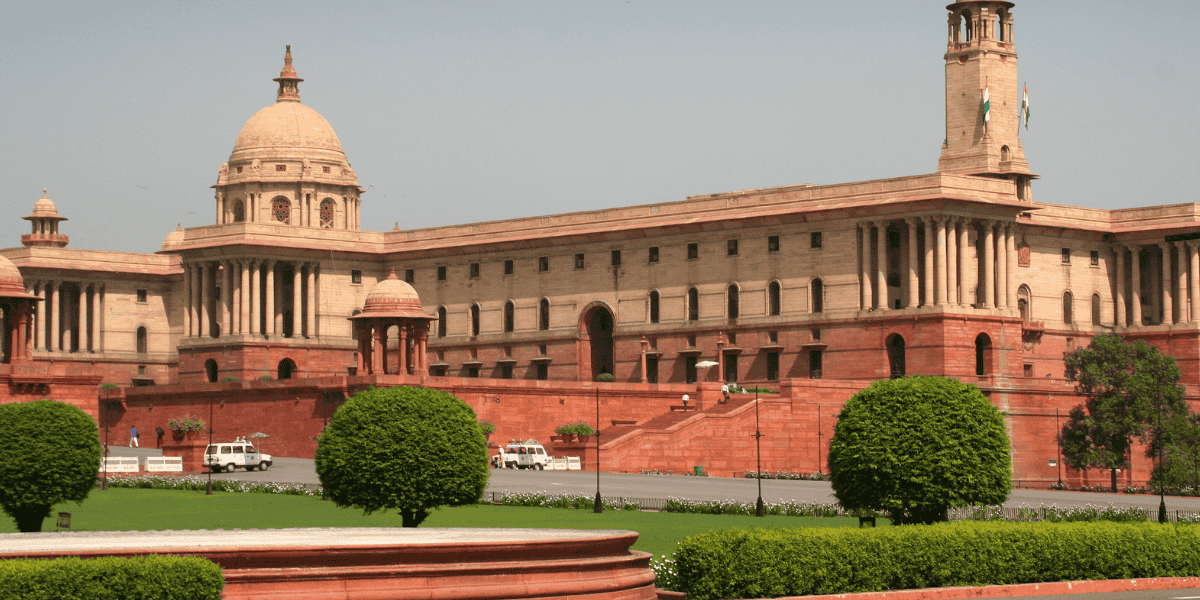On 11 March 2015 the IMF issued a press release on their consultation with India under Article IV of its articles of agreement. The IMF considers that India’s short term outlook has improved with increased business confidence and several positive policy actions. Economic growth was at an annual rate of 5.5% in the first half of the fiscal year 2014/15 and is projected to be 5.6% for the whole year. In 2015/16 growth is expected to be 6.3% as a result of the recovery of industrial and investment activity. Positive policy initiatives taken by India include policy measures to revive investment, measures to lower inflation, and policies implemented to make it easier to do business.
The IMF supports the Indian government’s commitment to improving the fiscal position with reforms such as the deregulation of diesel prices. As India’s ratio of tax revenue to GDP is lower than other countries in a similar position, one of the IMF’s key policy recommendations is that fiscal consolidation should continue. Fiscal space for more capital expenditure and social spending could be created by more rationalization of fuel, fertilizer and food subsidies.
More tax revenue could be raised by means of the introduction of a well designed goods and services tax (GST) and by improving the tax administration. The IMF considers that there should be as few VAT exemptions as possible and a single rate set at a moderate level. This would help to create a single market in India and increase the efficiency of the movement of goods and services, thereby increasing economic growth.
The IMF also considers that India should progress towards a revised direct tax code with fewer deductions (India has drafted a Direct Tax Code Bill). Also, the tax administration should be improved in line with the recommendations in the reports of the Tax Administration Reform Commission (TARC).
The press release emphasizes that India should provide a better environment for attracting stable, non-debt creating inward capital flows, especially in the form of foreign direct investment. Bolstering the business climate is also essential for boosting the potential economic growth. India should ease the restrictive labor laws and tackle the skills mismatches so as to help job creation.














